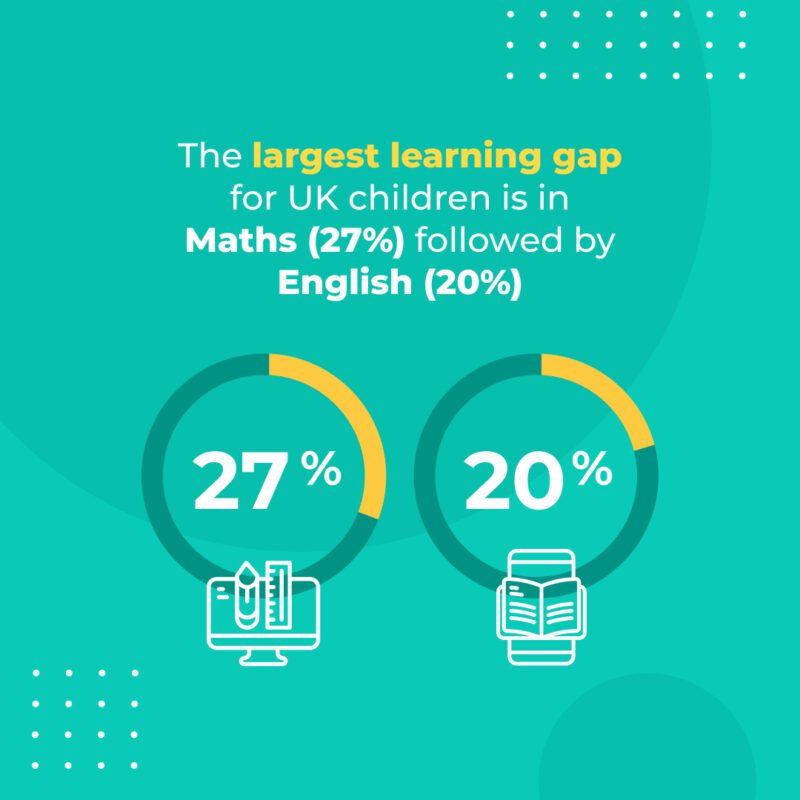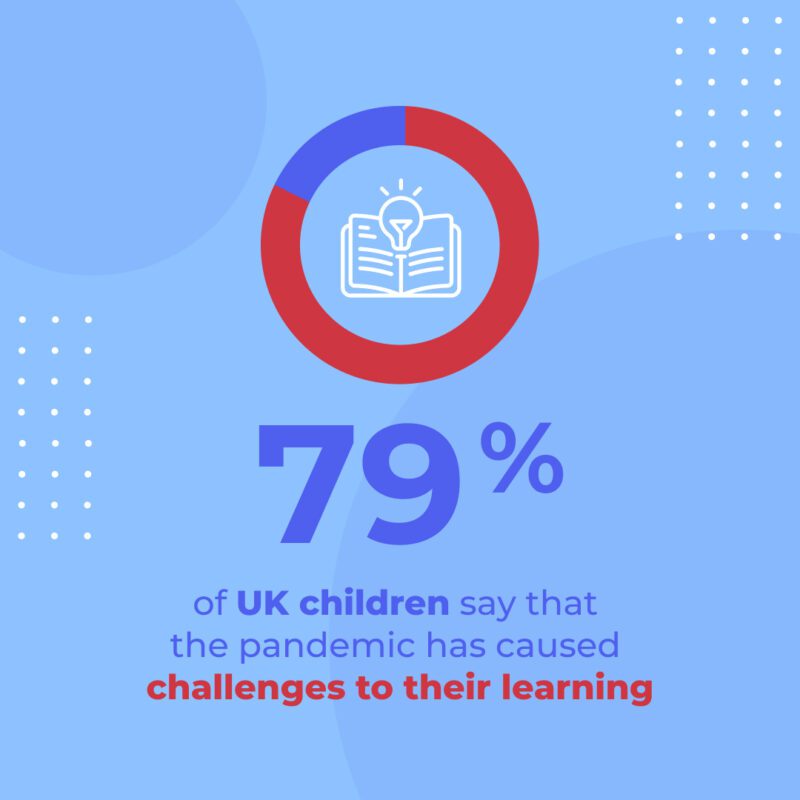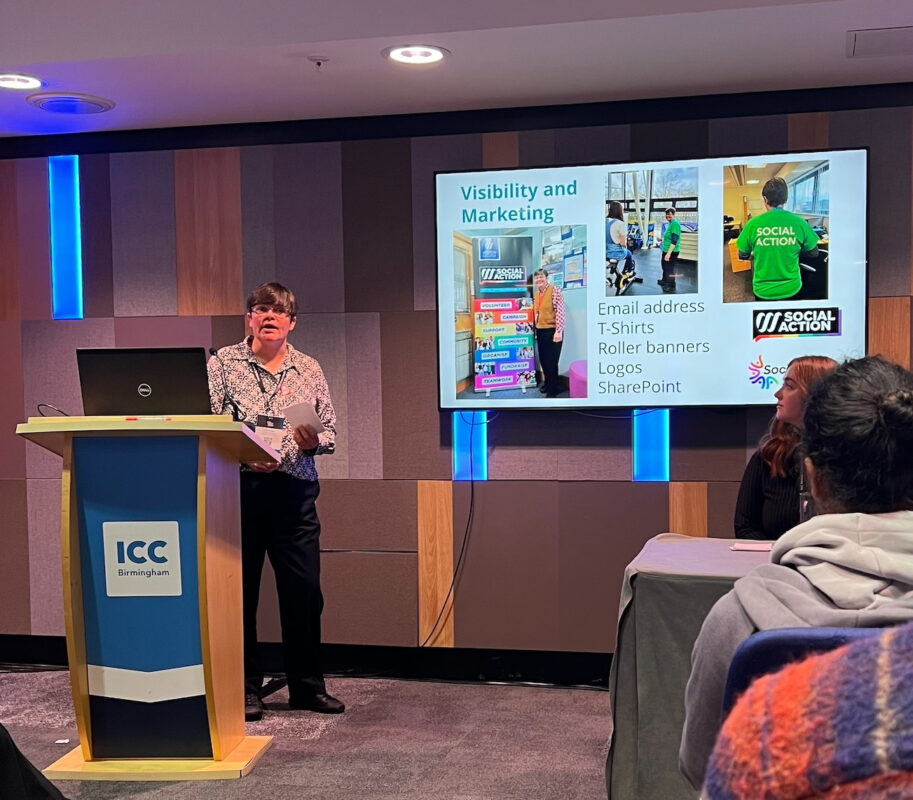Following a Year of Disrupted Learning, Four in Five Children in Britain Deeply Concerned About Their Education With Maths Hit Hardest

According to a report released by online tutoring provider, GoStudent, nearly four in five children in the UK (79%) feel that remote learning significantly disrupted their education and development. Maths was the worst hit, with 27% of the 12-18 year-olds surveyed citing learning gaps, followed by English (20%), while History (11%) was the least disrupted subject.
Interviewing 12,000 children and parents across the UK, Austria, Germany, France, Spain, the Netherlands, and Italy, in collaboration with data research company Kantar, this report provides the most exhaustive analysis of how the COVID-19 pandemic has impacted education to date.
The findings show that in Britain especially, learning gaps and a lack of educational confidence were more prevalent amongst children from lower-income households. This disparity is only exacerbated by the cost of private tutoring, with a tutoring session costing more in the UK (£28) than in any of the seven countries analysed (the average cost being £21, with the Netherlands cheapest at £13 per session).
Key Findings:
- The majority of both parents (77%) and children (79%) in Britain believe the pandemic has posed significant educational and developmental challenges.
- Children in the UK cited ‘maintaining a social connection’ (52%), ‘understanding subject material online’ (45%), and ‘concentrating in an online classroom environment’ (44%) as the three key challenges to their learning during the last academic year.
- Children are more optimistic for the future – only 15% believe they will struggle to catch up during this academic year, whereas 60% of parents feel learning gaps might continue into the new academic year.
- 46% of children from higher-income households (£4,000+ PCM) expect they will catch up on pandemic-related learning gaps, which is more than double the number (21%) from lower-income households (£1,999- PCM) who expect to catch up.
- Tutoring is more expensive in the UK (£28 per session) than in any of the countries studied. The average cost was £21, with the Netherlands cheapest at £13 per session. Tutoring costs £24 per session in Germany, £27 in France, and £17 in Spain.
Felix Ohswald, co-founder and CEO of GoStudent, comments, “After over a year of mandatory periods of homeschooling, the education system has been put under enormous strain. Teachers, children and parents alike have shown remarkable resilience. Our goal is to innovate education, making it as accessible and as useful as possible. We will use these learnings to better understand how we can support children across Europe and, by replicating this study annually, we hope to identify trends in education and learning that will benefit students and teachers alike.
“It will take time for us to measure the full impact of the pandemic’s disruption to our children’s development. Looking at the findings, children in Britain seem optimistic for the future, which is great, but the learning gaps appearing in vital subjects like Maths and English are a real cause for concern.”
Extended Findings
Demographic Findings:
- Learning gaps grow based on income. In General Science, 18% of children from low-income households experienced a learning gap, but this was only the case for 7% of children from high-income households. In English, these figures were 25% and 12% respectively.
- Learning gaps were most prevalent among children living in large cities, with 37% experiencing gaps in more than one subject, compared to only 29% of children in rural areas.
- Boys are more optimistic about catching up – 33% think the learning gap won’t continue into next year, compared to 29% of girls.
- Girls reported a greater lack of social connection (56%) than boys (48%) because of the pandemic.
Technology Findings:
- Only 67% of children preferred to learn in-person in a classroom, compared to online or a hybrid approach. 13% of children preferred online-only education.
- Only 33% of parents in Britain were in favour of Artificial Intelligence being used in education, the least of any country. The European average was 40%, and Spanish parents were the most in favour (55%).
Tutoring Findings:
- Children who received private tutoring during the last academic year were two times more optimistic that they will catch up this year compared to those who weren’t tutored.
- 65% of tutoring received in the UK was focused on catching up in Maths
- Children in Britain feel they spend an average of 19 hours a week in educational activities outside of the classroom. Girls feel they spend slightly more (20 hours) than boys (18 hours).
- Children in Britain feel the benefit of private tutoring more than others – 96% said they found value in tutoring outside of class hours, compared to only 85% of European children.
- Of parents choosing tutoring for their children, 27% cited as a main motivating factor the lockdown’s impact on their child’s ability and motivation to learn.












Responses